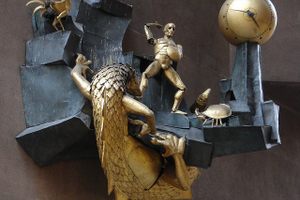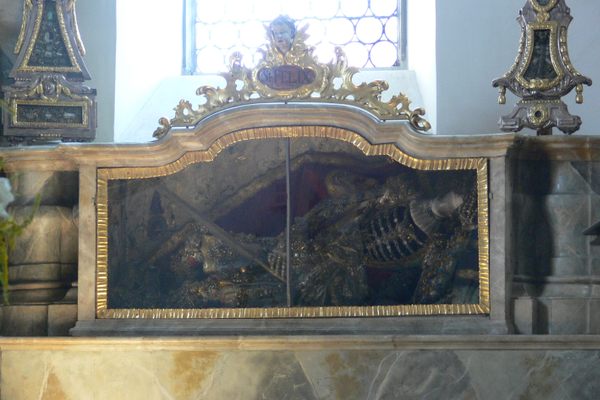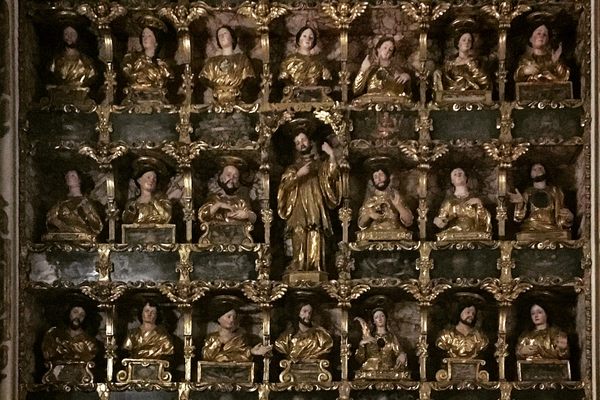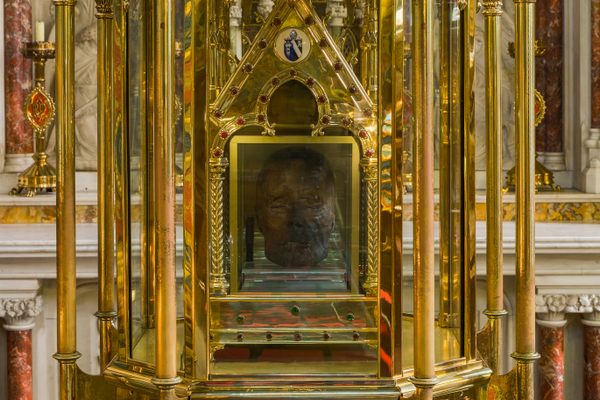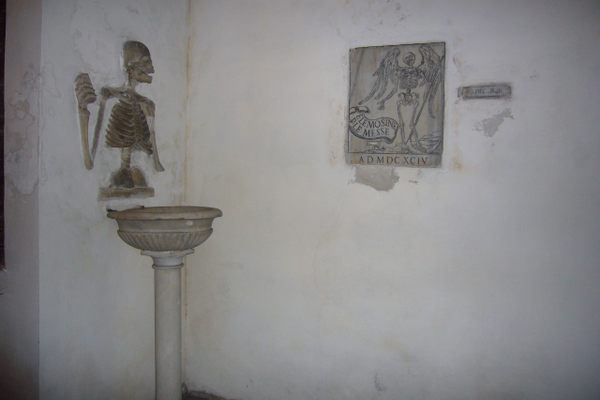About
Empress St. Helena was directly responsible for the spread of Christianity though the Roman Empire and was the first person to bring Christian relics back to Rome, so how did a major portion of her body wind up in an often overlooked church in Paris?
Helena died in Rome in 330, and you can still see her tomb there as well as her sarcophagus in the Vatican Museum. While the majority of the empress's remains are still in Rome a portion of her body is contained in the church, Église Saint-Leu-Saint-Gilles.
As history tells it, in 840 a monk from Hautvillers, France returned from a trip to Rome with a surprising souvenir. He admitted he had broken into St. Helena's tomb and stolen part of her body while he was there. Instead of ordering its return, the pope allowed the relic to stay in France since the item itself hadn't protested the theft by miraculously stopping it (as other relics reportedly had).
The remaining relics of St. Helena stayed in the monastery until the French Revolution broke out. The monastery was destroyed but the cellarer was able to hide the relics until they could be safely transported to Paris for public veneration again. They were then entrusted to the Knights of the Holy Sepulchre and installed in their church, Saint-Leu-Saint-Gilles. These days, most Catholics in Paris have forgotten about the relics but they continue to be venerated by the Russian Orthodox community, hence the Orthodox cross and icons surrounding the reliquary.
Related Tags
Know Before You Go
Étienne Marcel Metro station or Châtelet-Les Halles RER station. The crypt is accessible through a door under the altar. If it's locked you can ask the custodian to open it for you. It's customary and polite to make a small donation to the church if you ask to be admitted.
Published
August 21, 2013








